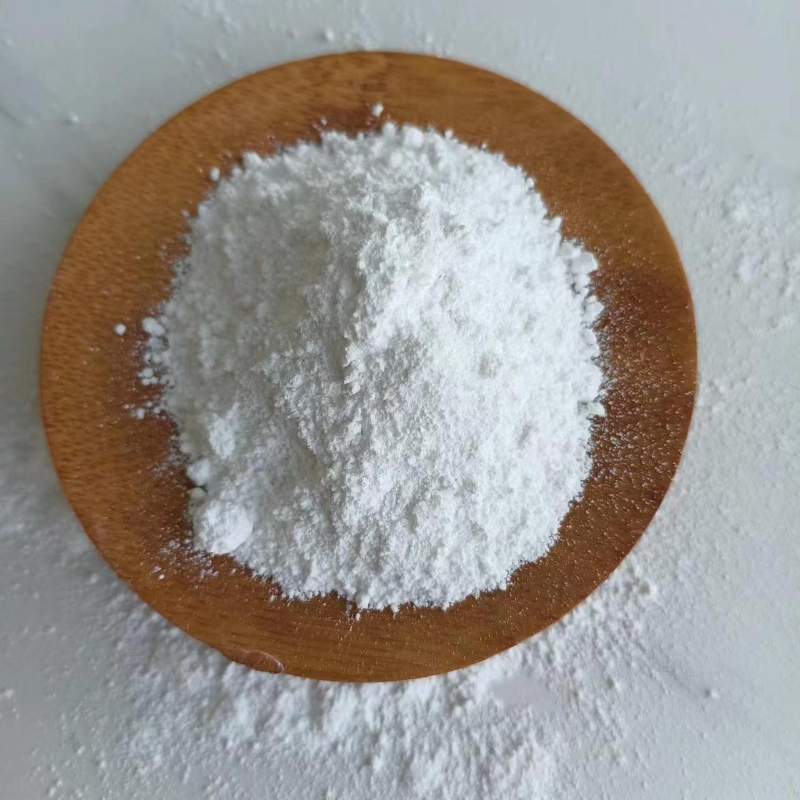-
Categories
-
Pharmaceutical Intermediates
-
Active Pharmaceutical Ingredients
-
Food Additives
- Industrial Coatings
- Agrochemicals
- Dyes and Pigments
- Surfactant
- Flavors and Fragrances
- Chemical Reagents
- Catalyst and Auxiliary
- Natural Products
- Inorganic Chemistry
-
Organic Chemistry
-
Biochemical Engineering
- Analytical Chemistry
- Cosmetic Ingredient
-
Pharmaceutical Intermediates
Promotion
ECHEMI Mall
Wholesale
Weekly Price
Exhibition
News
-
Trade Service
Studies have reported an increase in the incidence of cirrhosis in women of childbearing age.
we all know that the liver is vital to our life activities, and cirrhosis can seriously affect our life activities.
's even more so for pregnant moms.
, can a pregnant woman's cirrhosis give birth? What about cirrhosis of the liver in pregnant women? The purpose of this study is to explore the association between cirrhosis and perinatal outcomes.
researchers conducted a retrospective queue study using medical data from Ontario, Canada (2000-2017), using validated case definitions to identify 2,022 pregnant women with reparational cirrhosis. Based on the year of birth and socio-economic status, these women were matched to 10,110 pregnant women (1:5) in the total population, and the maternal and child outcomes and liver-related complications were assessed at 6 weeks after the birth and 1 year after the birth using a multi-denominational regression.
After adjusting demographic and metabolic risk factors, cirrhosis was independently associated with bile siltation in the liver of pregnancy (relative risk , RR, 10.64, 95% CI, 7.49-15.12), and infestation was also independently related (RR, 1.15; 95%CI, 1.03-1.28), and hetenatal infection (RR, 1.32; 95% CI, 1.02-1.70), premature birth (RR, 1.60; 95% CI, 1.35-1.89), older children (RR, 1.24; -1.03).
95%CI, 1.05-1.46) and neonatal respiratory distress (RR, 1.20; 95% CI, 1.02-1.42).
less than 2% of pregnant women with cirrhosis have liver-related complications, but the proportion of women with a history of liver compensation disorders (13%) is significantly higher than that of women with resysuring cirrhosis (1.2%).
, the researchers found that cirrhosis is an independent risk factor for adverse perinatal consequences.
, liver-related complications are rare.
.







